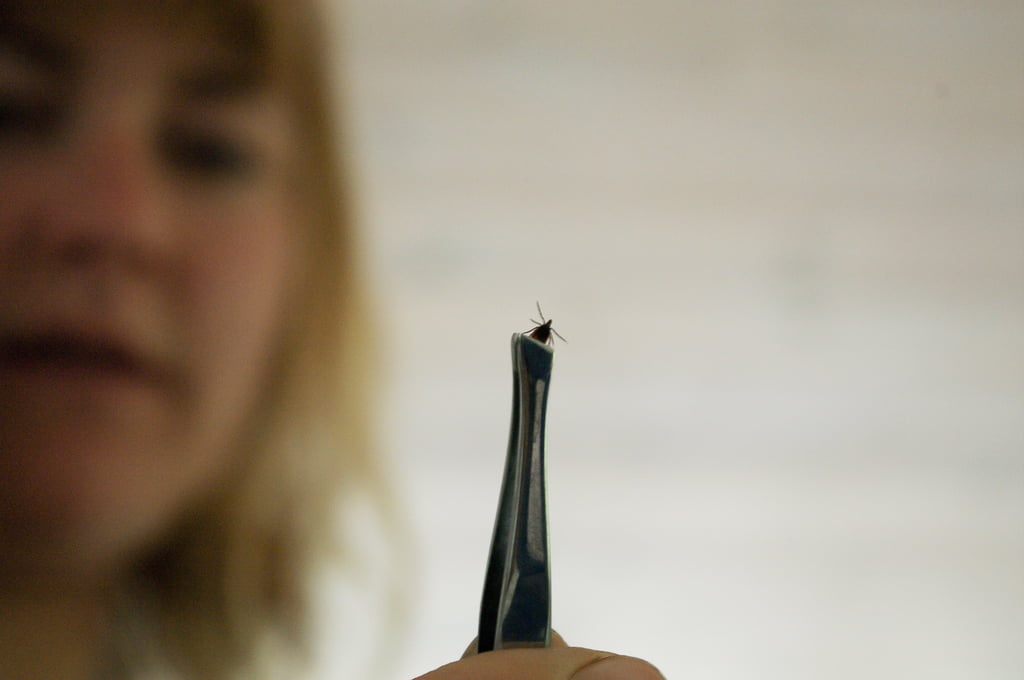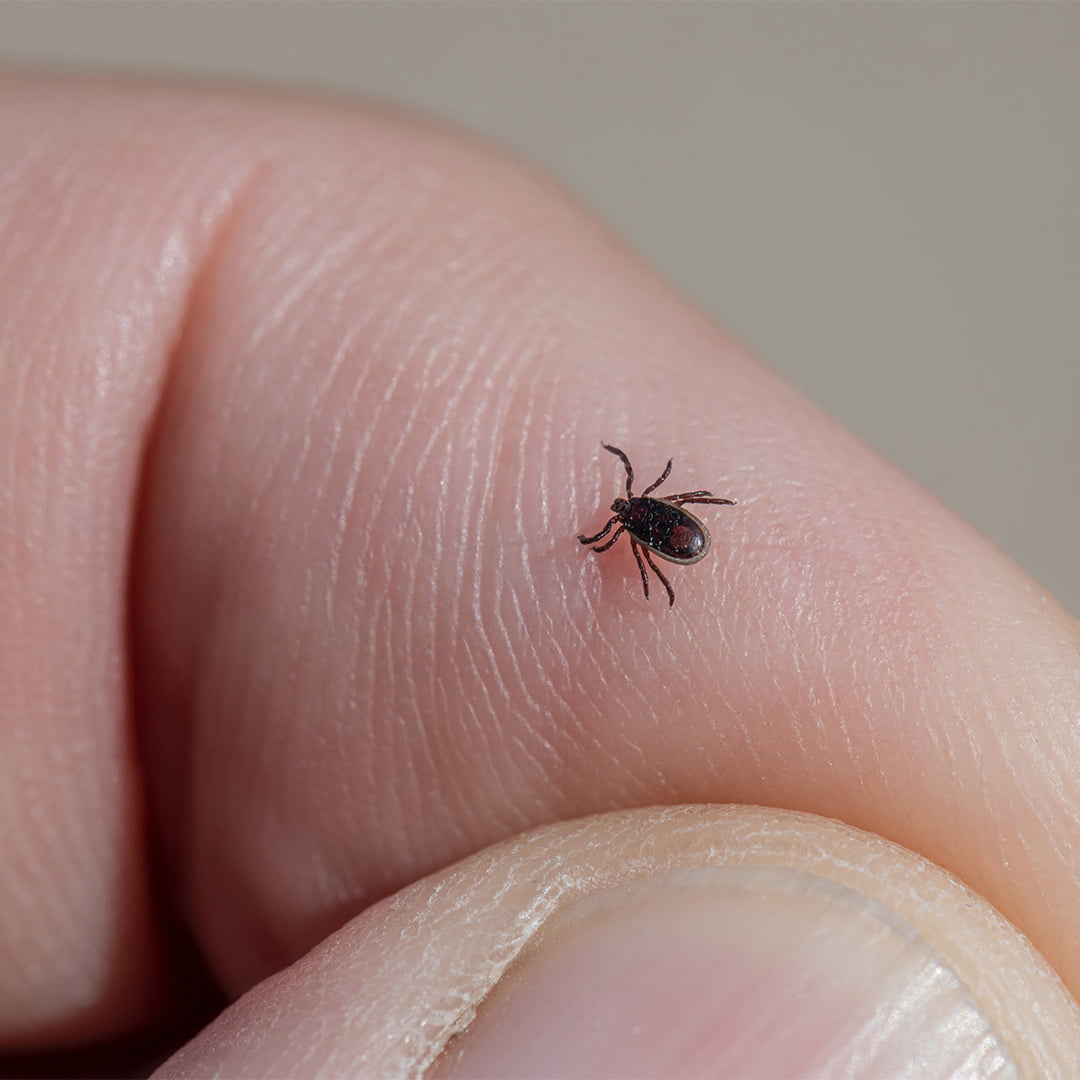What is the Zika Virus?

The Zika virus is a disease that is spread by mosquitoes. The mosquito species responsible for spreading the Zika virus is the Aedes. This mosquito does not occur in the Netherlands.
The big difference compared to the mosquito species that spreads malaria is that the Aedes is active both at night and during the day. This mosquito species can also survive indoors and outdoors. The Zika virus was first discovered in 1947 in monkeys in Uganda. The first human infection was not discovered until 1954 in Nigeria. After that, the virus spread across Africa, South and Central America, Southeast Asia and the Pacific Islands.
In 2015, an outbreak of the virus was detected in Brazil, after which the virus spread to several countries in South and Central America.
Symptoms and consequences
The symptoms of the Zika virus usually appear 3 to 12 days after being bitten by an infected mosquito. If you are infected by the Zika virus, you do not always have to get symptoms. Most people usually recover within a week without serious symptoms.
Possible symptoms of the Zika virus include:
Acute fever
Inflammation of the eye
Muscle pain in hands and feet
Skin rash, usually first on the face
Less frequent: Headache, vomiting, diarrhea and abdominal pain
There is a link between abnormalities in unborn children and infection with the Zika virus during pregnancy. In this case, there is a chance that the unborn child will have Microcephaly, which is a brain abnormality.
The virus is most common in tropical countries, as the virus prefers a wet and warm climate. Because the mosquito species that spreads the Zika virus is found worldwide, it is not unthinkable that outbreaks will occur in other parts of the world, according to the CDC (Centers for Disease Control and Prevention). The virus does not occur in areas higher than 2,000 meters.

Distribution, treatment and protection
The biggest problem with the virus is that there is currently no vaccine for it. Researchers worldwide are looking for a vaccine, but such research takes a lot of time and money.
The Zika virus is becoming increasingly likely to spread due to a number of factors:
Climate change . As mentioned earlier, mosquitoes like a warm climate. As it gets warmer all over the world, the mosquito will have better living conditions and there will be more Aedes mosquitoes.
People travel more and more. A mosquito will not fly more than about 400 meters in its entire life. A dispersal over a large distance cannot be achieved by 1 mosquito, but 1 person can. People travel much more these days than they used to and that trend is still continuing.
Higher Population Density. As just mentioned, 1 mosquito does not fly a great distance in its life. If many people live within a short distance, 1 mosquito can infect more people with the virus. In many places in the world, population density is currently increasing. Buildings also protect mosquitoes from the weather, which can increase the lifespan of the mosquito.
To protect yourself as best as possible against the Zika virus, you can take some measures:
- Wear covering clothing
- Wear clothing that mosquitoes cannot attach to
- Apply DEET to exposed skin
- Sleep under a mosquito net or in another mosquito-free environment
